Find freedom from credit card debt
6 Tips for Paying Down Credit Card Debt
What do most people do when they can't afford that hot, new item they just can't live without? Charge it. Credit cards have made instant gratification a way of life, but getting what you want whenever you want is not always a smart move for your finances. Credit card debt can add up quickly, and too much debt can actually be a hindrance to achieving your long-term goals, like buying a home, getting a new job, starting a business, or saving for retirement. According to NerdWallet's 2016 American Household Credit Card Debt Study, the average U.S. household carries about $16,061 in credit card debt and pays around $1,292 in credit card interest each year.
If you're trying to dig your way out of credit card debt, rest assured, there are ways to pay it down. Before you start, make sure you've saved up enough for an emergency fund so you no longer have to make purchases on credit. Once you've got enough of a cushion to fall back on, use the following strategies to start paying down your debt:
Pay off the highest interest rate first. Paying off the card with the highest interest rate first allows you to reduce the amount you spend on interest, which saves you the most money in the long run. To do this, continue making minimum payments on your other credit cards, and put more than the minimum amount toward your highest interest card.
Pay off the lowest balance first. Also known as the snowball method, this is the opposite of the above approach. While it may cost you a bit more due to paying high interest rates, paying your lowest balance first helps you achieve small successes more often. For instance, if you have a credit card with a balance of $500, it might be a lot easier to pay off compared to one with a balance of $2,000, and once you do pay it off, you'll feel more encouraged to stick to your repayment plan.
Put extra earnings toward your debt. If you get an annual bonus, tax refund, or other lump sum payment during the year, consider putting that extra cash toward your debt. However, be careful not to put all your extra money toward credit card debt unless you have an emergency fund in place. If unexpected events arise, you may end up having to charge more to your card to cover it, putting you even further into debt.
Do a balance transfer. Do your credit cards have high annual percentage rates (APRs)? If so, it might be challenging to make significant progress on the payments when you keep getting hit with hefty finance charges. A possible solution is to do a balance transfer, which involves transferring the debt from your credit card(s) to one with a lower APR. Just make sure the fees don't cancel out the amount you'd save from doing the balance transfer in the first place.
Negotiate a lower rate. If you've been good about paying your bills on time, you could also try calling your credit card company to negotiate a lower interest rate, which will make your payments go even further. This can be a good alternative to a balance transfer, especially if the fees cancel out the savings.
Tap into your home's equity. If you own your home and have built up some equity, you may be able to utilize that equity to pay down your credit card debt. One of the benefits of doing this is that you can get a much lower interest rate compared to that of your credit card, and the mortgage interest may be tax deductible. However, there is some risk involved, since this would require positioning your home as collateral for the loan. Talk to your mortgage professional to see if tapping into your home's equity could help you achieve your goals.
Franklin Loan Center and its loan officers are not financial planners. You should consult a financial planner to create a strategy that works best for your situation.
This letter is for information purposes only and is not an advertisement to extend customer credit as defined by Section 12 CFR 1026.2 Regulation Z. Program rates, terms and conditions are subject to change at any time. Licensed by the Department of Business Oversight under the California Residential Mortgage Lending Act, 4131316 NMLS #237653








